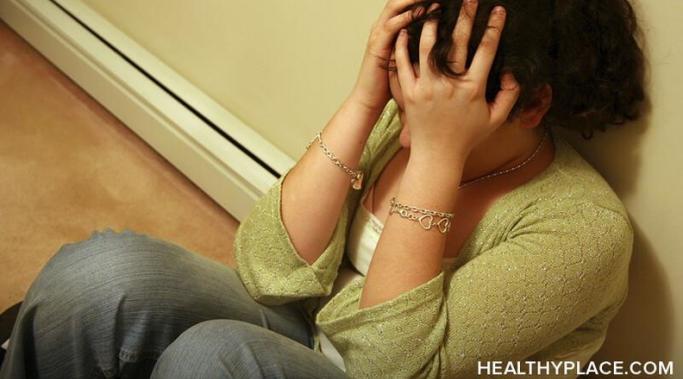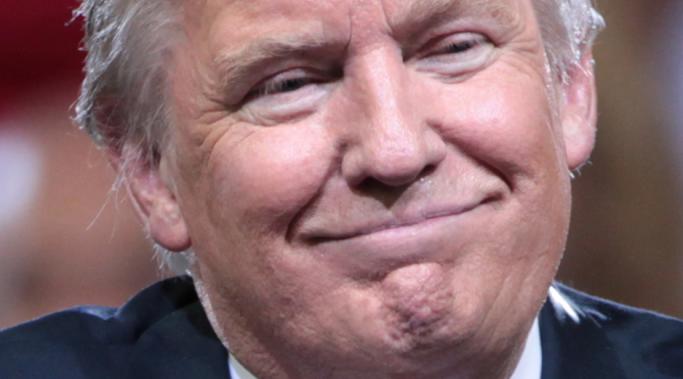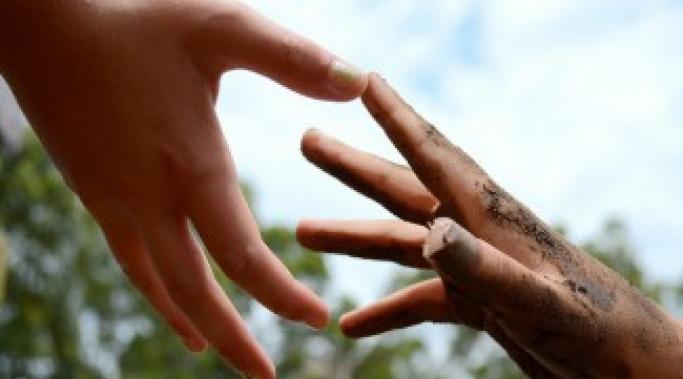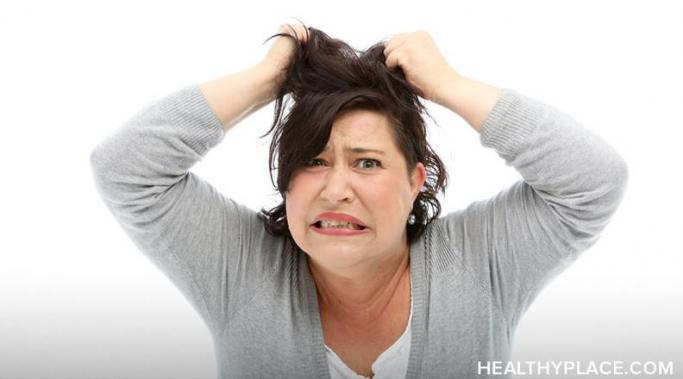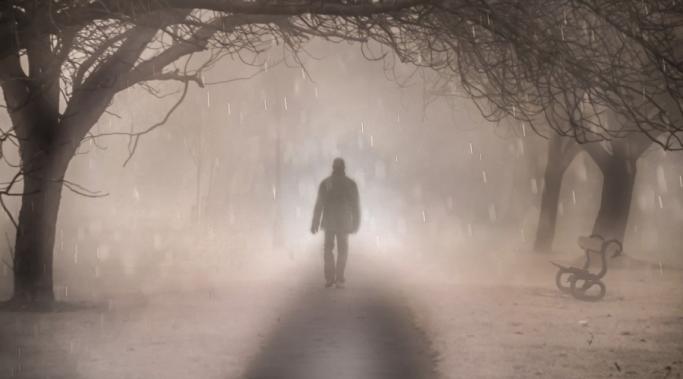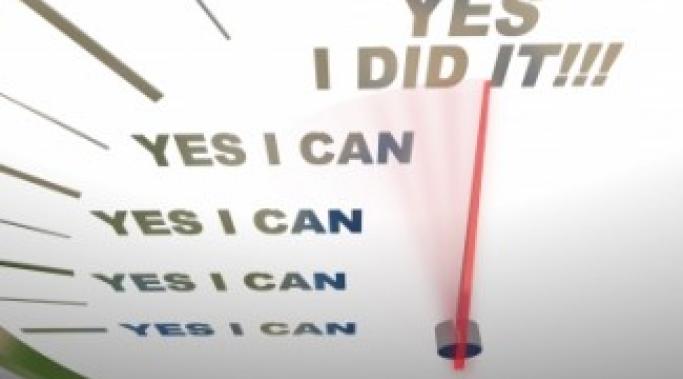It’s important to celebrate the small achievements in bipolar disorder. I have written about this before, in fact. But what does a small win in bipolar disorder look like? How do you celebrate a small achievement in bipolar disorder?
Understanding Mental Illness
It’s hard for non-bipolar people to identify with this, but when I have bipolar depression, I don’t want anything. It doesn’t matter what it is, it doesn’t matter how I used to feel about it, it doesn’t matter how good an idea it seems, I just don’t want it with bipolar depression, and that’s it.
I have bipolar disorder and self-harm urges. No, this doesn't mean my diagnosis is wrong, it just means that I happen to have a mental health issue outside of my bipolar diagnosis. But let me be clear: I deny my self-harm urges. Even though I want to hurt myself, I don't. But this hurts. If the only thing in the world that you wanted to do had to be denied, wouldn't it hurt you, too?
Some argue that professionals shouldn’t talk about Trump’s mental health, mostly comparing him to anyone else. For example, I wouldn’t want, nor would I think it was appropriate, for a mental health professional to make judgments about my mental health based solely on my public actions. But then again, I’m not The President of the United States. And that makes the situation just a wee bit different. It’s because of this that professionals should openly talk about Trump’s mental health and fitness as a president.
People often ask me how to help a friend through a bipolar mood episode. These are great friends that I can honestly say, anyone with any illness should treasure. So many people turn their backs on people with serious mental illness, so when a person actually wants to help, well, we love you. If you’re a friend who wants to help someone through a bipolar mood episode, consider these things.
I don’t think euphoria in bipolar hypomania feels like extreme happiness. I use the word “euphoria,” which does mean “extreme happiness” but the word only partially fits my experience (Bipolar Mania and the Impact of Manic Symptoms). “Euphoria” is what doctors call one of the “gateway criteria” for bipolar hypomania or mania (one of the main characteristics) so many people with bipolar disorder experience. And sometimes I do experience something like euphoria in bipolar hypomania but bipolar hypomania euphoria just doesn’t feel like its real definition to me.
Angry, frustrated, irritated and anxious – did I ever mention that bipolar mania, hypomania and depression are not the only mood/emotional states of my bipolar disorder? While most of these aren’t, technically, symptoms of bipolar disorder, they are common expressions of, or occur with, bipolar disorder. So, sometimes, instead of being “simply” depressed or hypomanic, I also feel dramatically anxious, frustrated, angry or irritated.
I dissociate when the pain of bipolar disorder becomes too severe. It happened to be just last night, in fact. I was wailing out into the night about the pain and suffering and willing it all to end (Losing a Battle with My Bipolar Brain), knowing that it wouldn’t, so I just dissociated. I separated from the world. My brain and mind walked away from each other. The pain of bipolar disorder forced me to dissociate for my own good.
I love good things theoretically, but with depression, I can’t enjoy the good things. Most people don’t get this. Most people can’t conceptualize of this. But even when good (recently great) life events occur, I just don’t feel pleasure (Depression Is Not Sadness). I can’t enjoy the good things when I’m depressed.
It seems like there are 1000 things I can’t do because of bipolar disorder, but what I’ve learned is that I need to focus on what I can do with bipolar disorder, not what I can’t. Because there are things we all can do. We often take those things for granted – but they are still there. We all have a “can” list and a “can’t” list. We, with bipolar, need to focus on our “can” lists.


